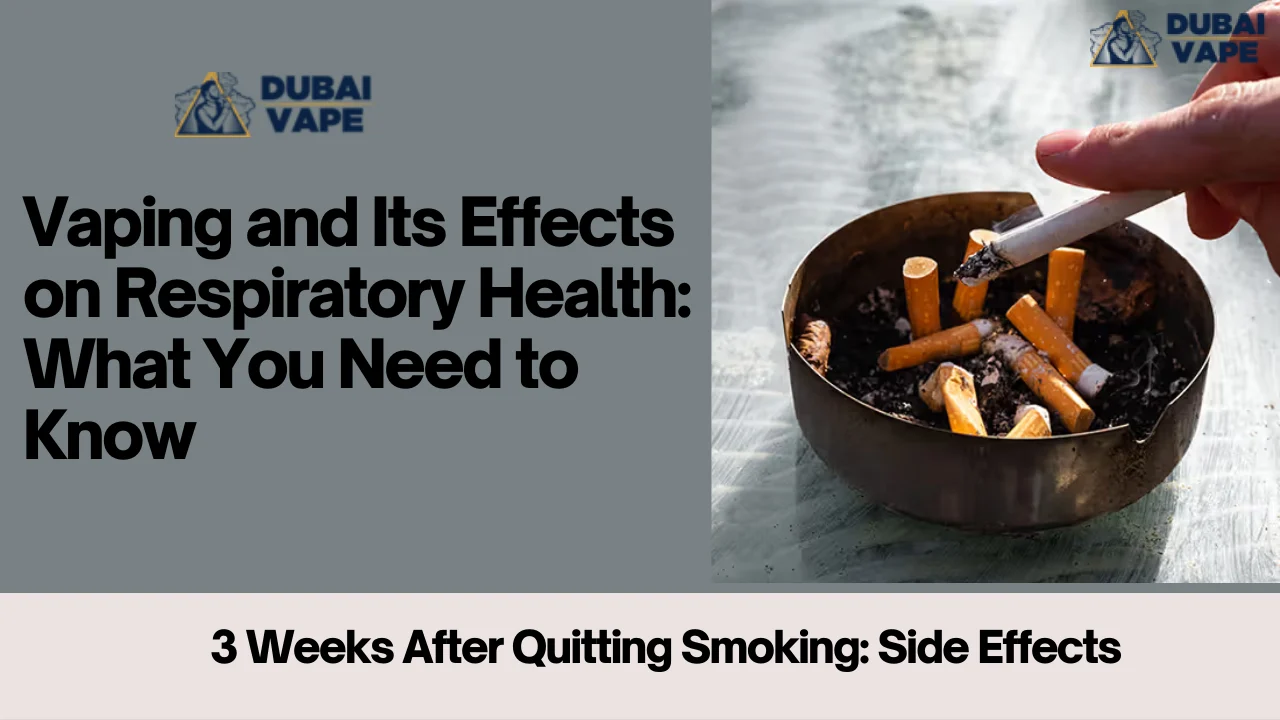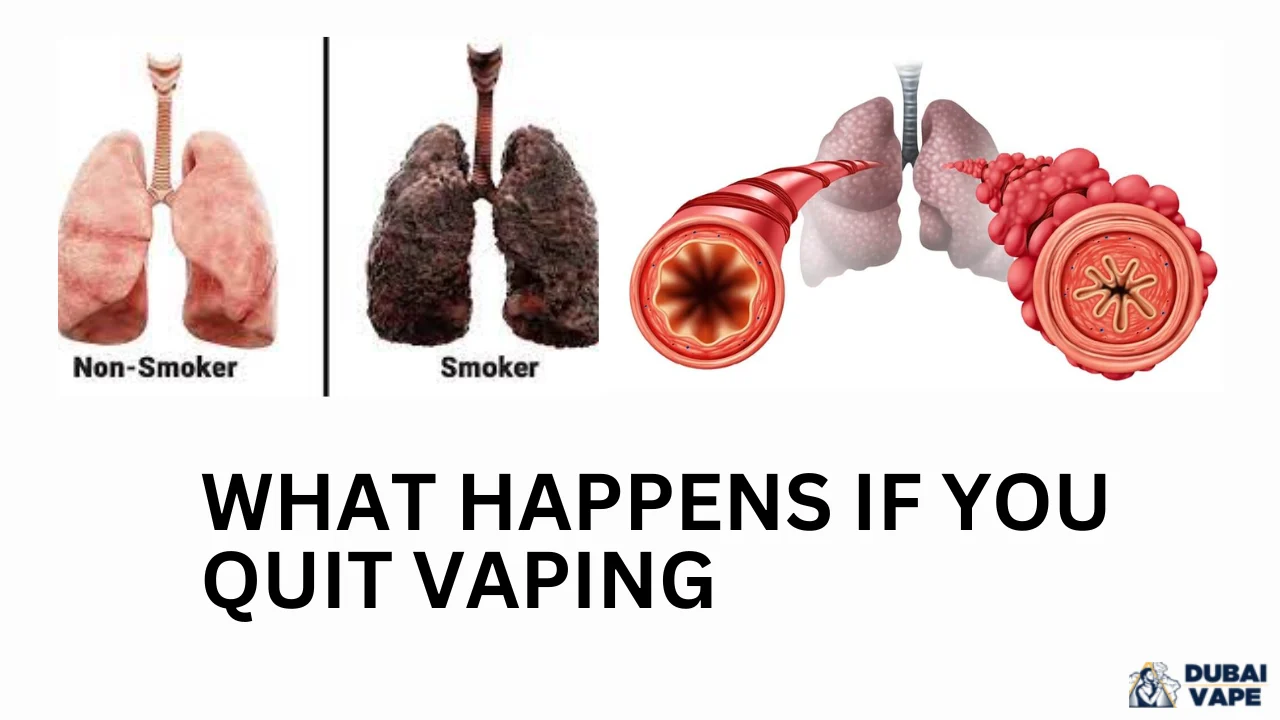- DISPOSABLE PODS
- Maskking Disposable
- Myle Disposable Vape In Dubai
- ELF BAR Disposable
- Yuoto
- Disposable vape Dubai UAE
- Yuoto Disposable Vape in Dubai
- ENERGY
- STIG
- VEIIK
- TUGBOAT Disoposable
- Disposable 5%
- Disposable 2%
- Yuoto Disposable Vape in Dubai
- ISGO
- HQD Disposable Vape
- Disposable vape PODS Dubai UAE
- OXBAR
- POD Salt Nexus Dubai UAE
Vaping and Its Effects on Respiratory Health: What You Need to Know

As vaping continues to rise in popularity, many people are curious about the health implications associated with it. While some consider vaping a safer alternative to smoking, it’s essential to understand the vaping and health effects that come with this practice. Below, we outline 5 vaping facts you need to know as well as a comparison between vaping and smoking.
1. Vaping vs. Smoking: What’s the Difference?
One of the main reasons people turn to vaping is the belief that it’s less harmful than traditional smoking. While it’s true that e-cigarettes generally contain fewer harmful substances than cigarettes, that doesn’t mean they’re safe. Vaping can still introduce harmful toxins into your body. Research suggests that the vaping side effects long-term may include issues like lung inflammation and susceptibility to infections. Comparing vaping vs. smoking, we find that both carry health risks, and while vaping might offer a better option for some, it is not without its dangers.
2. The Health Risks of Vaping
Understanding the health risks associated with vaping is crucial for those who use e-cigarettes. Some studies suggest that vaping can lead to respiratory problems similar to those caused by traditional smoking. The vaping and health effects can range from mild irritation to more severe issues over time.
3. 3 Weeks After Quitting Smoking: Side Effects
Transitioning from smoking to vaping—or quitting smoking entirely—can lead to various physical changes. Around 3 weeks after quitting smoking, many ex-smokers may experience withdrawal symptoms, including cravings and irritability. However, this period also marks the beginning of improvements in lung function and circulation.
4. 3 Months After Quitting Smoking: Side Effects
By the time you reach the 3 months after quitting smoking, many individuals notice significant health benefits. Lung capacity can improve noticeably, and many report decreased coughing and shortness of breath. However, some might still experience lingering cravings or the psychological effects of having once been dependent on nicotine.
5. The Bottom Line
While vaping may serve as a harm reduction strategy for some, it’s vital to be aware that it is not entirely without risks. Engaging with a healthcare professional about your vaping habits can provide personalized insights into your health. If you are in Brooklyn or nearby, consider reaching out to a healthcare provider to discuss your concerns. If you are a Brooklyn resident, A primary care doctor in Brooklyn can help you navigate these challenges and offer support on your journey toward better respiratory health.
While vaping is often seen as the lesser of two evils when compared to smoking, it’s important to understand the potential health effects and to be mindful of long-term consequences. Regular check-ups with your healthcare provider can help manage any side effects and ensure that your respiratory health remains a priority.




